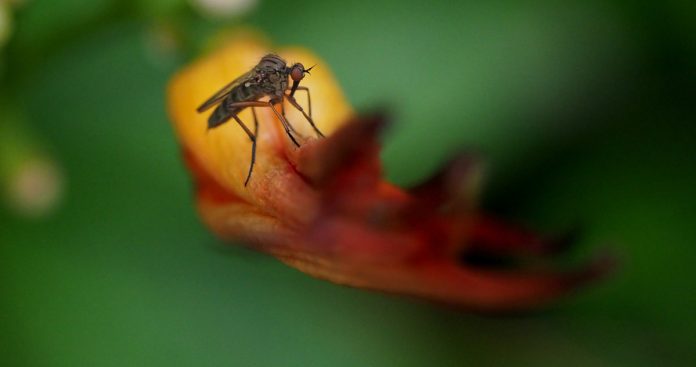By Keith Jacobs
Three generations, we’ve fought the good fight. As a Queensland pest controller, there’s no pest so tricky as mosquitoes. Like other flying insects, mosquitoes are hard to manage because their nesting zone is often far from their “pestering zone”. But not always. After three generations of living near the Queensland coast, we’ve had some big successes fighting mosquitoes in the peak summer season. Here’s what we’ve learned, and here’s what you can do about the mosquitoes driving you batty.
Why does Queensland get so many mosquitoes?
Warm, humid, heavily forested (in places) and coastal. Queensland is a tropical paradise for these suckers. The tendency to flood is also a big hit with mozzies. Wherever water pools, mosquitoes lay eggs. Even in the driest outback Queensland environment, there’s a mozzie ready to drop a bunch of eggs at the first sign of water. On the coast, you’re likely struggling with saltmarsh mosquito (Aedes vigilax). Inland it’s more likely freshwater mosquitoes (most commonly culex annulitrostris) but there are so many different kinds of mosquitoes that it’s hard to know exactly what type is currently driving you mad. For those living near wetlands, you’re lucky! You get all kinds. You get saltwater, brackish water and freshwater mosquitoes ready to suck the life out of your next outdoor gathering.
Queensland mosquito management plans
In Queensland, mosquito management is carried out by local councils. For the most part, this includes spraying wetlands and waterways with two key chemicals. BTI, (bacillus thuringiensis isralensis), and Methoprene products are designed to interrupt the life cycle of mozzies at different states. So, are they safe? Nobody likes watching a crop duster fly over if they don’t know what they’re being dusted with! BTI is a globally recognised “standard” in mosquito control. It’s been used widely, and safely since the 1970s. There is not a single instance of harm to human, environmental or animal health associated with BTI – except mozzies, they hate it. Methropene has been in use since the 1980s with no negative impacts on humans however it has attracted some criticism for causing a reduction in micro-organisms in wetlands. These are incredibly effective mosquito killers. These chemicals save literally millions of lives a year across the world. Mosquitoes account for 750,000 deaths per year globally.
While we don’t have malaria here, Townsville’s Ross River has lent its name to a particular nasty fever that, while not usually deadly, causes chronic and debilitating symptoms.
Can a pest controller help?
Some kinds of mosquito travel hundreds of kilometers from their nest, some just a few meters. Private pest controllers can’t help with mosquitoes hatching on public land but luckily, the most common mozzies in Queensland are the lazy types. They stick to 200 meters from their hatching location. This means that if your local council is taking care of public land, you, with the help of your neighbours, can take care of localised outbreaks. Most pest control companies recommend “street treatments” where a group of neighbours get together to implement localised mosquito treatments. Generally, these are offered at a discount rate as the controller can do multiple properties in a single morning. Treatment involves identifying likely nests and destroying eggs using a variety of means – be it boiling water, steam or pesticide. It may also include baits or devices. It will depend on what your individual property needs. The big takeaway though is that Queensland mosquito outbreaks impact properties within 200 meters. So getting your property treated just invites neighbourhood mosquitoes to settle in.





